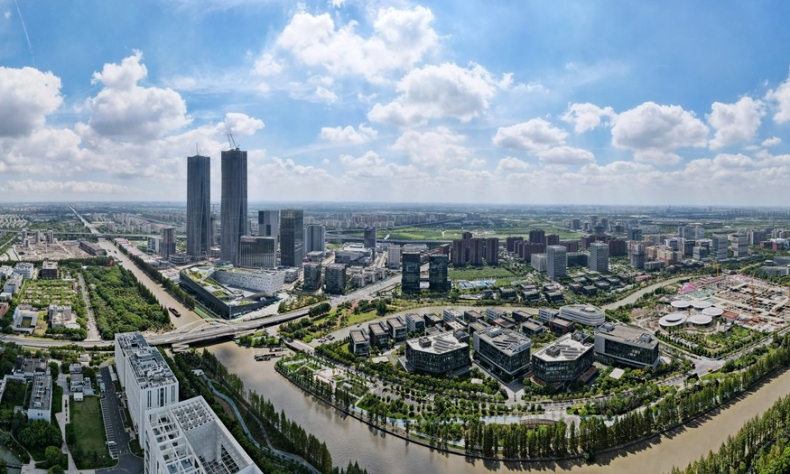John Pang: Chinese Modernization Becomes a Source of Global Inspiration

There’s an encouragement for other people to find their own modernity. So I find that really encouraging and important.
Editor’s Note: Chinese modernization has received increasing attentions from the developing world. China’s initiatives about development and security are also valued by more and more countries in global governance. John Pang, a former Malaysian government official and founding CEO of the CIMB ASEAN Research Institute, gives his understanding of Chinese modernization and China’s global initiatives.
China Focus: What is your interpretation of Chinese modernization? What do you think about its significance to China and the globe?
John Pang: The first one I want to elaborate on is the idea of Chinese modernization. As a country, you have to be culturally sovereign, to be economically and politically sovereign. And I see promising signs of that in China. There is a recognition that traditional Chinese culture matters, which I was enormously impressed with. And I thought this is really going to be something not just for China, but for humanity. And again, the Chinese notion of universal is universal community — in Chinese it is the datong. There’s an encouragement for other people to find their own modernity. So I find that really encouraging and important.
China actually is a deeply modernized country when I started going even in the early 2000s and so on, in a certain way, because of its appropriation of Marxism, Communism. There was, from the May 4th Movement in 1919 onwards, a strong modernist streak. So a lot of the assumptions of the European Enlightenment from which these ideas come, have entered contemporary Chinese culture.
But frankly, it was really unclear which way Chinese modernization would go. Because if you leave it to Western theory, there is only one direction. It’s their way or the highway. This notion of Chinese modernity, it’s a very, very powerful idea. It is not like the Western idea. Nobody says, you South Americans or you Cubans or Malaysians, you have to follow Chinese modernization. In fact, you have to find your own path through this, and it will come out differently.
China Focus: The Belt and Road Initiative, Global Development Initiative and Global Security Initiative are the frameworks China has proposed in the past decade to enhance international cooperation and common development. What role do they play in addressing obstacles to global development?
John Pang: I think these initiatives are enormously significant. And I feel China should persist with these. They are big slogans. And then these get filled in along the way by people, right? But these are real projects with real-world consequences. I think China just needs to hold steady, because these results take time to play out. In Southeast Asia, there’s a growing sense that, the Chinese, what they’re talking about, they do, and we’re seeing the fruits of it.
I’ve worked on this ASEAN thing in China, and ASEAN economic integration and financial integration as well. For example, with the China Development Bank, at one point, I represented Malaysia or Malaysian banks. I was with the bank that represented Malaysian banks. We worked on this framework and things like the Belt and Road Initiative. People who work with China know that these ideas are not “here today, gone tomorrow.” And some of these ideas are generated at the local level. If they are good, they come up and they get put into a broader framework.
 Facebook
Facebook
 Twitter
Twitter
 Linkedin
Linkedin
 Google +
Google +











